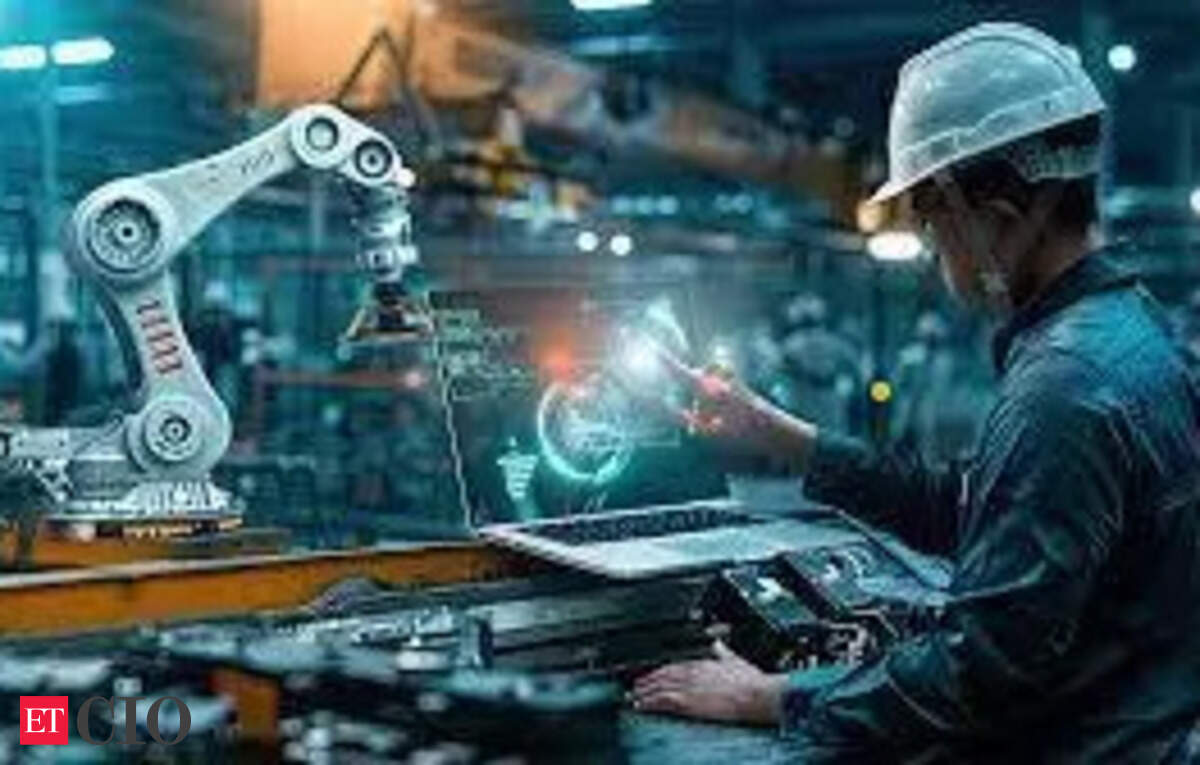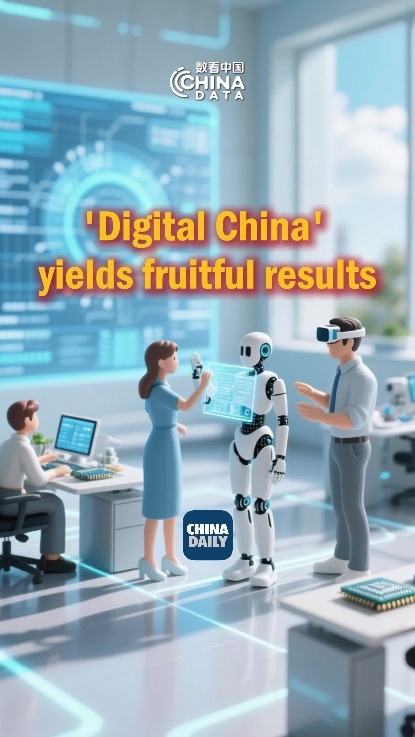AI Drives Manufacturing Transformation, Leaders Predict Productivity Boom

TeamViewer's recent report, "The AI Opportunity in Manufacturing," unveiled at Hannover Messe, underscores the transformative potential of artificial intelligence within the manufacturing sector. The report highlights a significant surge in AI adoption, with 78% of manufacturing leaders now incorporating AI into their weekly operations, a notable increase from 46% the previous year. This acceleration is largely attributed to global challenges such as labor shortages and supply chain disruptions, which have prompted manufacturers to seek innovative solutions.
A key finding of the report is the widespread expectation of a substantial productivity boom. An impressive 71% of manufacturing decision-makers believe that AI will drive the largest productivity increase in a century. This optimism is fueled by the ability of AI to automate routine tasks, thereby freeing up employees to concentrate on higher-value activities. On average, employees are saving approximately 10 hours per month due to AI-driven automation.
The report also delves into the specific applications of AI within manufacturing. Currently, the primary uses include customer support automation (28%), data analysis (23%), and supply chain optimization (19%). However, more advanced applications such as forecasting and decision-making are gaining momentum. Mei Dent, Chief Product and Technology Officer at TeamViewer, noted that young workers, with their inherent understanding of digital technologies, are playing a crucial role in driving AI adoption and integrating it into existing manufacturing systems.
AI is delivering tangible benefits to both businesses and individual workers. A significant 77% of decision-makers view AI as critical for enhancing efficiency by automating routine tasks and minimizing downtime. Furthermore, 78% report that AI has enabled them to focus on high-level decision-making. Beyond efficiency gains, AI is also improving product quality and reducing defects, with a reported 33% improvement compared to the industry average of 20%. This is particularly important in manufacturing environments where precision is paramount.
Workers are also benefiting from AI adoption. Approximately 74% of workers believe that AI enhances their ability to analyze data and make informed decisions, while 72% credit AI for helping them acquire new skills. Additionally, 71% view AI as essential for their career growth. From a financial perspective, 71% of manufacturers anticipate that AI will boost revenue in the coming year, with a projected growth of 188%.
Despite the numerous benefits, the report also identifies several barriers to wider AI adoption. Security concerns top the list, with 76% of respondents citing AI-related data risks, a figure higher than the cross-industry average. Other significant challenges include a lack of AI education (42%), high implementation costs (30%), and limited financial support for scaling AI initiatives. Addressing these challenges through targeted education, strategic financial planning, and clear communication on the long-term value of AI will be crucial for broader adoption.
Manufacturers remain optimistic about the future of AI, with 81% expecting increased AI investment in the next year. Education is a key priority, as 96% believe that further training is needed to mitigate risks, and 74% have plans for additional programs. Leadership is also essential, with 68% supporting the appointment of a Chief AI Officer to oversee AI strategies and ensure responsible adoption. Mei Dent emphasized that AI has already demonstrated its ability to transform businesses, but its full potential has yet to be realized. By focusing on collaboration, education, and responsible adoption, manufacturers can leverage AI to achieve remarkable results and foster innovation.










